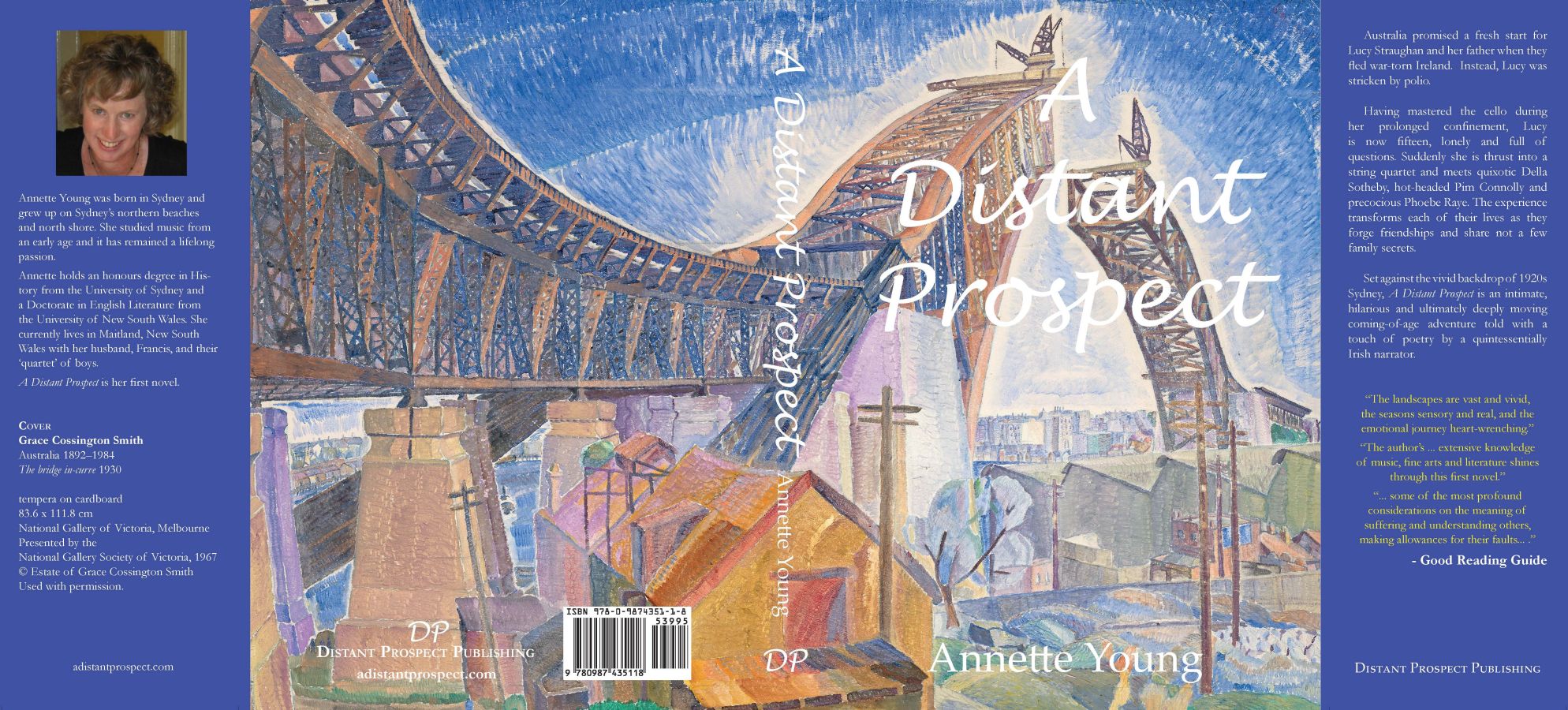What is the inspiration behind the title, By Violence Unavenged?
Titles are always difficult. How does one best capture the subject, the spirit, and the theme of a book in a few well-chosen words? The Big Three – the Bible, Dante, and Shakespeare – are always good sources, particularly when one’s aspirations (or writer’s hubris) are running high.
This time, Dante scored.
By Violence Unavenged derives from Inferno, Canto XXIX, in which Dante the pilgrim spies a distant relative, Geri di Bello, in one of the cloisters of Malebolge. What he does not notice, however, is what Virgil his guide earlier had observed: that di Bello had threatened him. When Virgil informs Dante of this fact, Dante feels pity for di Bello, attributing his resentment to the fact that his death has not yet been avenged by a family member, as per Florentine custom:
 “My guide, it was his death by violence,
“My guide, it was his death by violence,
for which he still is not avenged,” I said,
“by anyone who shares his shame, that made
him so disdainful now; and—I suppose—
for this he left without a word to me,
and this has made me pity him the more.”
(Inferno, Canto XXIX, lines 31-36, trans. Mandelbaum)
Virgil, in response, advises his protege to think no more about di Bello, who must be left to his torments. Di Bello, after all, is in Hell on his own merits, his scandal mongering being the cause of his demise and his punishment. Instead, Dante must leave behind his perceived duty of revenge, despite its cultural lawfulness, and move on. He has more to learn.
Similarly, Phoebe Raye is faced with an unavenged murder: that of her mother, which she believes is her duty to resolve, given that the case may never reach the courts; and if it does, may not result in the outcome she desires. The question is, how should she go about it, if she should go about it at all? Should she take the law into her own hands, or should she leave the matter be? If she chooses vengeance, what will constitute her revenge? Is she capable of carrying out a vendetta? And can she weather the consequences?
Or should she forgive; and, if so, upon what grounds?
And so begins a modern pilgrimage, this time through the mire of the Anschluss, which in itself constitutes Hitler’s personal revenge on Austria (and Vienna in particular), and the beginning of his political revenge on Europe.

